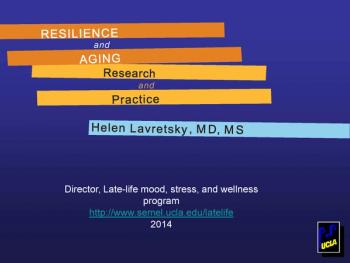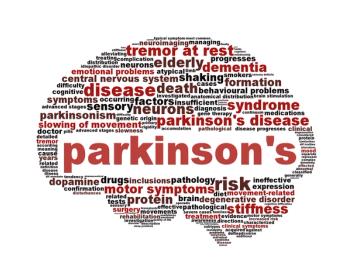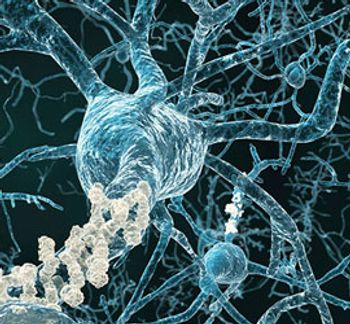
An expert talks briefly about interventions that can help bolster resilience and help older people recover quickly from adversity.

An expert talks briefly about interventions that can help bolster resilience and help older people recover quickly from adversity.

For some patients with Parkinson disease, the neuropsychiatric complications are a greater source of morbidity than the motor dysfunction. This article focuses on the management of psychosis in Parkinson disease.

How will economic development influence management of population aging so that the dignity and rights of older persons are respected and protected, particularly those who are vulnerable because of mental illness, social isolation, or physical debility? Insights here.

Alzheimer disease psychosis appears to be a distinct clinical entity. This article focuses on management strategies.

On the value of drawing from past experiences to establish a relationship with an elderly patient.

Clearly, old age is associated with unavoidable decline but in some instances can be mitigated by mental and physical exercise and social activity. How is the preservation of function despite illness and decline accomplished? Insights here. . .

Big things are happening in Alzheimer disease research. Recent developments are shaping the future for assessment and diagnosis and allowing for early detection and treatment of the disease.

Most persons who use CAM modalities to self-treat a mental health problem take prescription antidepressants concurrently. Combined use can result in serious supplement-drug interactions.

Older Latinos with depression report higher levels of impairment and are more persistently ill than non-Hispanic white older adults, yet they have lower rates of guideline-concordant treatment. Cognitive and problem-solving psychosocial modalities are emerging as key treatment considerations for older Latinos.

Nonpharmacological interventions-such as mind-body interventions-can improve a partial response to antidepressants via stress reduction, improved physical functioning, increased socialization, and reduced risks of polypharmacy.

We have the target protein for Alzheimer, the antibody to knock out the protein, and the imaging test locating the protein in the brain, but there still remains one problem . . . who should receive the antibody?

Elder abuse is a concern for all practitioners who care for elderly patients. Here, quick reference to identify suspected elder abuse.

Results of a 10-week prospective study, recently reported at the Annual Meeting of the American Association for Geriatric Psychiatry, offered no conclusive evidence about the mortality risk of elderly patients with Alzheimer disease who were treated with antipsychotics.

Despite the prevalent perception that cognitive decline in the aged population is inevitable, researchers with Northwestern University's SuperAging Project are finding that "excellent memory capacity in late life is a biological possibility."

A panel of experts at the APA Annual Meeting discussed how changes in DSM-5 may affect clinical practice. Highlights here.

Our brains can be trained to function better as we age, and it doesn't take the Fountain of Youth to get there. In this podcast, geriatric psychiatrist Helen Lavretsky prescribes strategies to challenge our brains. She notes: "The more we challenge our brain, the more new nerve pathways and circuits we form."

The presence of a psychiatric diagnosis does not necessarily indicate lack of decisional capacity.

This article explains and demonstrates the importance of psychiatric advance directives and the benefits and obstacles involved in implementing them.

The day began on a high note. As I sat and talked with an elderly patient sitting in her wheelchair, quiet, not remembering much, she suddenly broke out in song.

Cognitive decline feels as though a little man is inside the elderly patient's head, with darkness all around him. To the front, some light seeps in through the eyes. Sounds come from a distance, muted, like in a heavy fog.

A recent symposium brought together some of the nation’s leading experts to talk about promising advances in psychiatry and to address areas where progress has faltered.

For patients with treatment-resistant depression-especially geriatric patients-ECT is a viable treatment option . . . one that should no longer be relegated to the option of last resort.

Planck's Law of Generations: scientific change doesn't happen by changing minds, but by changing generations.

Mental rigidity can occur at any age, while wisdom and experience are hard-won--over time.

Drug interactions are more frequent in elderly patients because more medications are taken. In addition, drug interactions may be more serious because of insufficient physiological reserves. When new medications are started or stopped in elderly patients, it is very important to take note of potential interactions with other drugs or foods.